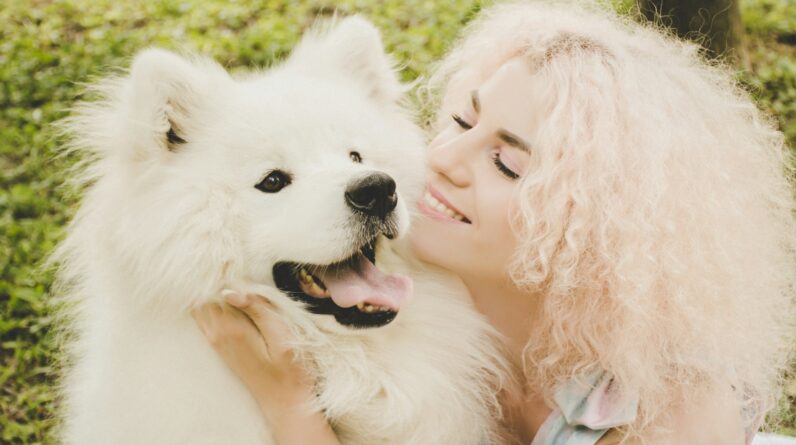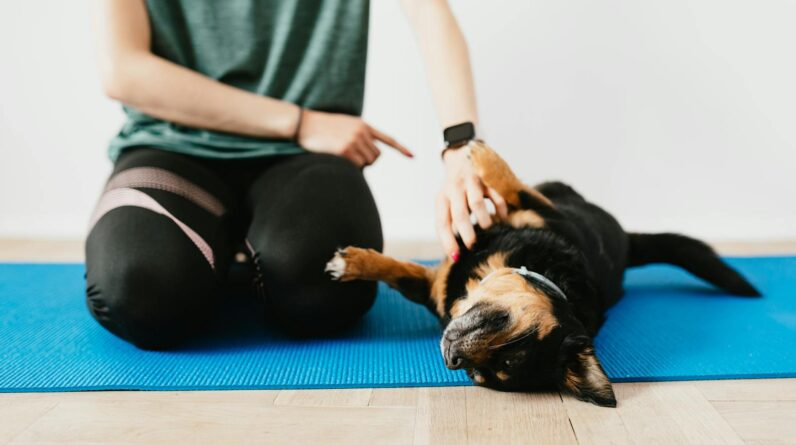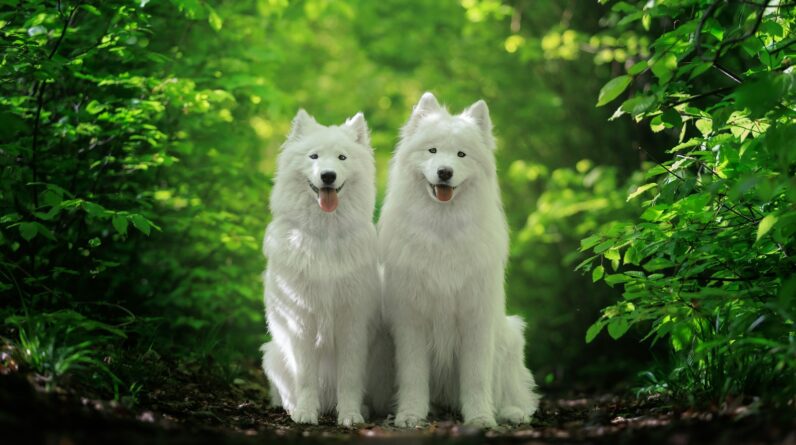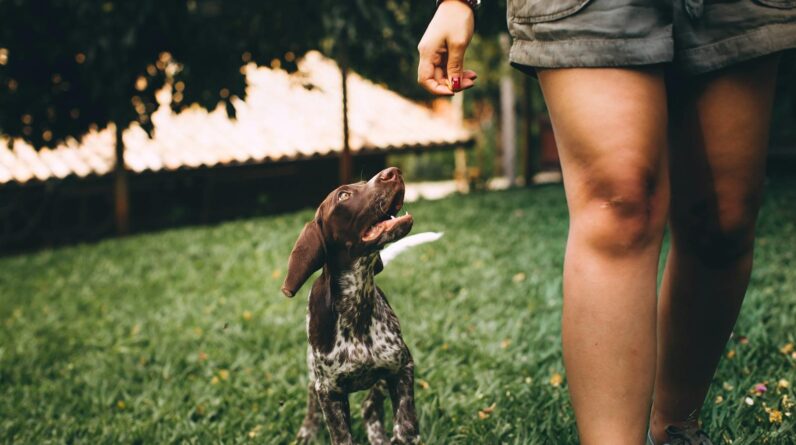
Caring for Senior Dogs: What Changes?
Time Flies When You Have a Dog
When you first get a little puppy, it’s all about playtime, learning new tricks, and getting used to each other. As the years zip by, you might not even notice your lively pup turning into a slow-moving senior dog. Just like people, dogs change as they get older. They may not see or hear as well, and they might walk as if their legs are a bit stiff. So, what do you do to make sure your furry best friend is happy and comfortable in their old age?
Food for Thought
Senior dogs don’t run around as much as they used to. They’d rather take a nice nap than chase a ball for hours. Since they’re not as active, they don’t need as much food. But, this doesn’t mean any old food will do. Older dogs have special needs, so you might want to chat with your vet about a good dog food that helps with things like joint care and keeping their minds sharp.
Easy Does It
Your senior dog might be a bit wobbly or have trouble getting up. Keep an eye on them when they walk around, especially near stairs or on slippery floors. One good idea is to put down some rugs or mats that give them a bit more grip when they’re walking around the house. This can help prevent slip-ups!
Doctor Visits
When dogs get older, they might have more tummy troubles or feel achy more often. Regular check-ups at the vet are important to catch any problems early. You don’t have to wait until something seems wrong. Going to the vet more often can help keep your dog feeling their best.
Playtime Still Matters
Just because your dog has a few more candles on their birthday cake doesn’t mean they don’t want to have fun. They still need to play and exercise, but in ways that are easier on their old bones. Short walks and gentle tosses of a soft toy can keep them moving without too much strain. It’s all about making sure playtime is safe and comfy.
Teeth Time
Imagine if you never brushed your teeth – yuck, right? Well, dogs need dental care too, especially senior dogs. As they get older, they might have yuckier breath and problems with their teeth. Keeping their teeth clean helps them eat better and keeps their gums healthy. It’s a good idea to brush their teeth or give them special treats that clean their teeth for them.
The Beauty of Sleep
An older dog loves a good snooze. To make sleep more awesome for them, make sure they have a soft bed that keeps them warm and cozy. They might even need a little ramp or steps to climb into bed if they can’t jump like they used to. Plus, a comfy bed can help dogs with sore joints get a better night’s sleep.
Love and Patience
The most important thing for senior dogs is feeling loved. They might take longer to do things or get confused sometimes. It’s up to us to be patient and kind. Give them lots of cuddles, talk to them in a gentle voice, and remember, they can’t help it if they’re slower or have accidents in the house. They just need you to understand and help them out.
Just the Start
Looking after a senior dog does mean making some changes. You want them to have a great life, full of love, comfort, and as many happy moments as possible. It’s a special time to show them how much they mean to you. So, take care, help them stay healthy, and enjoy every single moment.
How often should I exercise my senior dog?
Senior dogs still need regular exercise, but less intense than younger pups. Aim for gentle, shorter walks twice a day. Remember, they might not be able to walk as far or as fast. Watch for signs of fatigue and always let your dog set the pace.
Swimming can be a great low-impact activity for older dogs. It helps keep them fit without putting stress on their joints. Just make sure they’re comfortable and safe in the water. Always go for easy, enjoyable exercises that keep those tails wagging without wearing them out.
What’s the best diet for a senior dog?
Older dogs often need diets lower in calories but rich in fiber and with the right balance of proteins and fats. It helps them maintain a healthy weight and supports their slower metabolism. Look for senior-specific dog foods that cater to these needs.
Supplements like glucosamine can aid joint health, while omega fatty acids benefit their coat and brain. Wet food can also be easier on their aging teeth. Always chat with your vet about what’s best for your furry friend’s breed and health conditions.
Are there special grooming considerations for older dogs?
Yes, senior dogs may need gentler grooming. Their skin gets thinner and their coat may not be as thick. Use a soft brush and be gentle to avoid irritation. Keep a close eye on their nails, too – if they’re less active, they might not wear down as naturally.
Also, as dogs get older, they might have trouble grooming themselves. Help them out by regularly checking and cleaning their ears, teeth, and paws. A comfy, warm bath can help soothe achy joints, just make sure it’s not too stressful for them.
How can I make my home more comfortable for a senior dog?
Think about creating a safe, easy-to-navigate space. Keep floors clear to avoid trips and slips. Consider non-slip rugs if you have slippery surfaces. Lowering their bed or providing a ramp can help if they’re finding it hard to jump up to their favorite spots.
Keep their bed warm and cozy, too. A nice thick orthopedic bed can make a big difference for achy joints. Make sure their water bowl is accessible without having to go too far. Little changes can mean a lot for their comfort and happiness.
How do I know if my senior dog needs to see the vet?
Keep an eye on any changes in behavior, appetite, or energy levels. These could be signs something’s up. Increased thirst, frequent urination, or weight loss are also red flags. Health checks are more important as dogs age, so regular vet visits are key.
Also watch for signs of pain, like limping or reluctance to move. Remember, they might not always show pain the way we expect. If you’re ever unsure, it’s always best to check with the vet. Better safe than sorry when it comes to keeping your old buddy feeling good.
Key Takeaways
- Senior dogs need more frequent vet checkups to monitor health changes and catch issues early.
- A tailored diet is crucial because older dogs may have different nutritional requirements and are prone to weight gain.
- Adjust exercise routines to be gentler to accommodate lower energy levels and potential joint issues.
- Comfort is key, so invest in orthopedic beds to support aging joints and provide a warm, cozy environment.
- Stay patient and understanding as senior dogs may experience changes in behavior or cognitive function.
- Keep them mentally stimulated with light, interactive games to help maintain cognitive sharpness.
- Pay extra attention to dental care, as older dogs are more susceptible to dental issues.
- Regular grooming maintains skin health and allows you to spot any new lumps or changes in the skin early on.
- Consider accessibility improvements in your home like ramps or stairs if your senior dog struggles with mobility.
- Ensure they have regular opportunities to relieve themselves since older dogs may need to go more frequently.
- Last but not least, shower your aging companion with love and affection to let them know they are valued at every stage of their lives.
Final Thoughts
As our furry friends age, we’ve got to tweak the care routine. Remember, it’s all about keeping them comfortable and happy. Joint trouble is a real pain, so softer beds and gentle exercise can make a big difference. They may not be as peppy, but slow and steady wins the race.
Keep an eye on their diet, ’cause an old stomach doesn’t play nice with everything. And the vet? They’re pretty much on speed dial now. Regular check-ups are crucial to catch any health hiccups early. It’s all about managing the small stuff so your senior pooch can enjoy their golden years.
Don’t forget, patience is key! They might be a bit slower or need more help, but that’s okay. Shower them with love, and adjust your pace to theirs. After all, they’ve been your loyal companion for years—you two can handle this next chapter together.







